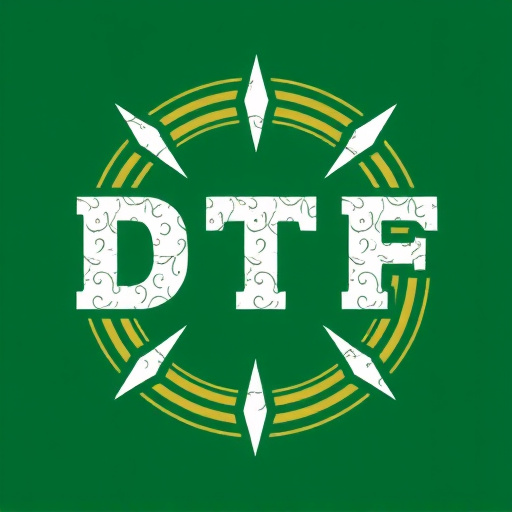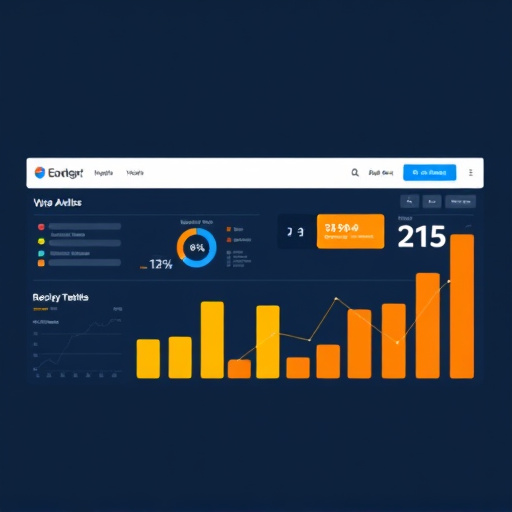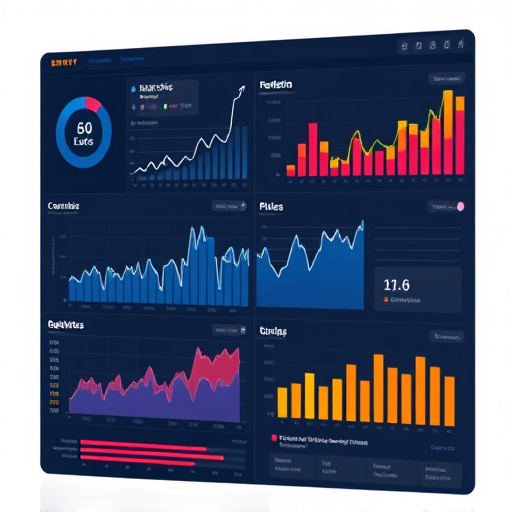Schema markup implementation strategically enhances website visibility and user experience by structuring data for search engines to better understand content. It involves identifying key elements that resonate with target audiences, such as local businesses highlighting location, contact info, hours, and reviews. Professional SEO agency guidance ensures accurate and optimized schema markup, ultimately strengthening online presence and driving targeted traffic. Assess unique website needs, consider content type, audience preferences, and desired highlights before implementation, choosing the right schema types for effective local SEO and improved search rankings.
Choosing the right schema markup types is essential for enhancing your website’s visibility and search engine optimization (SEO). This guide walks you through the process, starting with understanding schema markup basics. We’ll help you evaluate your website’s unique needs and navigate the selection of appropriate schema types. By following these steps, you’ll be well-equipped to implement effective schema markup, improving your site’s performance in search results and attracting more organic traffic.
- Understanding Schema Markup Basics
- Evaluating Your Website's Needs
- Selecting Appropriate Schema Types
Understanding Schema Markup Basics

Schema markup implementation is a powerful tool for enhancing your website’s visibility and providing valuable context to search engines. At its core, schema markup involves using structured data to describe the content on your pages, making it easier for search engine crawlers to understand and interpret your site’s information. This, in turn, can lead to improved search rankings, enhanced rich snippets in results pages, and ultimately, an increase in website traffic from better-targeted users.
Choosing the right schema markup types is crucial for effective implementation. It starts with identifying the key elements of your content that are most relevant to your audience and search engines. For example, if you run a local business, you might use schema markup to highlight your location, contact details, opening hours, and customer reviews. A website design agency specializing in SEO services near me can guide you through this process, ensuring that your schema markup is not only accurate but also optimized for maximum impact on your online presence.
Evaluating Your Website's Needs

Before diving into schema markup implementation, it’s crucial to evaluate your website’s unique needs and goals. Every business, regardless of its location—whether it’s a thriving web design Fort Worth studio or a digital marketing Dallas agency—has distinct requirements. Consider the type of content you offer, your target audience, and the specific information you want to highlight through structured data. For instance, if you’re showcasing client testimonials in South Florida, proper schema markup can enhance local SEO by providing search engines with detailed context about your business and its offerings.
This process involves understanding what makes your website unique and identifying the key elements that attract and engage your audience. By carefully assessing these factors, you’ll be able to select the appropriate schema markup types to optimize your online presence for relevant searches—a crucial step in ensuring your digital marketing efforts in Dallas or South Florida are as effective as possible.
Selecting Appropriate Schema Types

When implementing schema markup, selecting the right types is crucial for enhancing your website’s structure and content. Each schema type represents specific data and entities, so it’s essential to choose those that align with your page’s purpose and information offered. For instance, if you’re showcasing a product or service, using `LocalBusiness` or `Product` types can provide valuable details to search engines, ultimately boosting local search visibility or website speed optimization.
Consider the information you want to convey to users and search engines. If you operate a local business, `LocalBusiness` schema markup can help display your address, phone number, opening hours, and other relevant details, making it easier for potential customers to connect with you. For content-rich pages, think about how schema types like `Article` or `Event` might improve the overall user experience and search engine comprehension, potentially leading to better rankings and increased organic traffic.
When implementing schema markup, understanding your website’s unique needs is key. By evaluating factors like content types and user interactions, you can select the most relevant schema types from the vast array available. This targeted approach ensures your structured data effectively communicates your website’s essence to search engines, enhancing visibility and driving better organic performance in today’s competitive digital landscape.














